SUMMARY
This is AI generated summarization, which may have errors. For context, always refer to the full article.
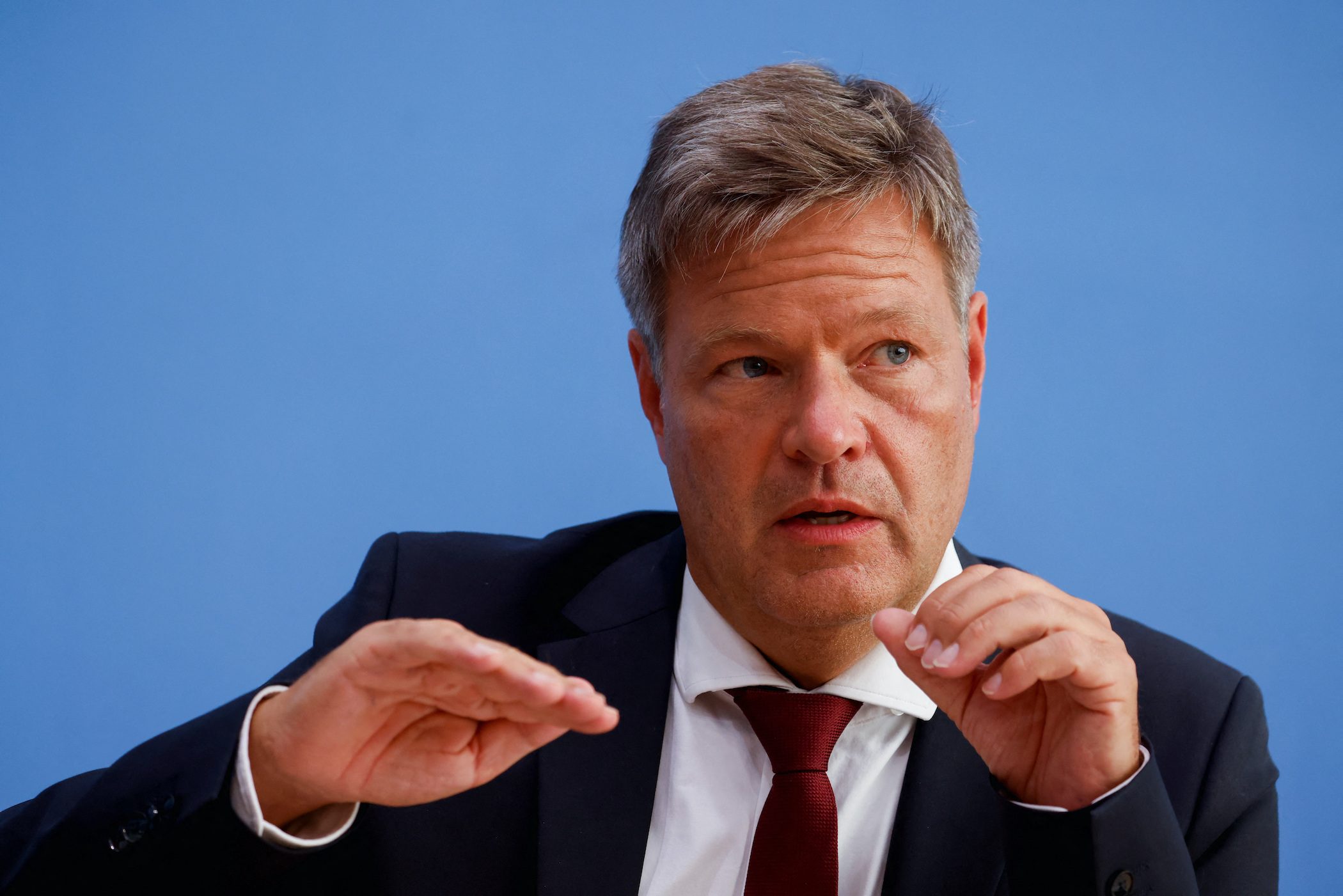
BERLIN, Germany – Germany plans to keep two of its three remaining nuclear power stations on standby, beyond a year-end deadline to ditch the fuel, to ensure enough electricity supply through the winter during a gas crunch.
German Economy Minister Robert Habeck said in a statement on Monday, September 5, the move did not mean Berlin was reneging on its long-standing promise to exit nuclear energy by the end of 2022.
Habeck said a stress test by power grid operators had shown there could be hours of crisis in electricity supply over the winter given tightness in the European energy market.
“It remains very improbable that we will have crisis situations and extreme scenarios,” Habeck said. “I have to do everything necessary to fully guarantee security of provision.”
The move is especially hard to swallow for Habeck’s Greens, which grew out of the 1970s anti-nuclear movement, although the exit was initiated by former conservative chancellor Angela Merkel after the 2011 Fukushima nuclear disaster.
Habeck said the government still deemed nuclear power as a high risk technology generating radioactive waste that would burden future generations.
While all three of Germany’s remaining nuclear reactors would still go offline by December 31, the southern plants Isar 2 and Neckarwestheim 2 would remain in reserve for any emergency until mid-April.
Both plants have a 1,400-megawatt (MW) capacity and are separately operated by E.ON and EnBW.
The utilities will be compensated for the staff and operating costs incurred during the additional months.
One reason for the tense energy situation was Russia’s invasion of Ukraine that led to restricted or even halted Russian gas flows to Europe, Habeck said. Gas burning accounted for 15.3% of German electricity generation last year.
“We will have to solve our energy problems without any further regard to [Russian President Vladimir] Putin’s erratic decisions,” Habeck said.
Not enough
Habeck said the two plants would not be equipped with fresh fuel elements and the reserve was an option only.
“We have to prepare for the worst,” he told a news briefing. “The plants will only reopen when more power is needed.”
Asked why the government did not opt for longer operations of the plants to help cap runaway power prices, he said it had responded with a levy on power producers to help shield consumers by redistributing power profits.
Opposition conservatives said Habeck’s proposal did not go far enough and accused the three-way coalition government of caving to the Greens’ ideological demands.
“When we demand solidarity [from Europe on gas], we should also make our contribution to energy generation,” said Steffen Bilger, deputy leader of the conservatives parliamentary group.
The other junior coalition party, the pro-business Free Democrats (FDP), was also critical, maintaining all three nuclear reactors should run longer, and not just be on standby.
“It’s simply a matter of reason to enable every climate-neutral kilowatt hour now,” said FDP deputy leader Johannes Vogel.
Better next year
Berlin was taking measures to ensure power supply such as resurrecting some idled coal-fired power stations and boost grid capacities, Habeck said, noting that Germany’s electricity supply was usually very secure and it was a power exporter.
However, Germany is part of a European system hit by a decline in Russian gas deliveries, the French nuclear power squeeze, and a drought that has curbed hydroelectric production and cooling water supplies to thermal power stations as well as hampering barge deliveries of coal.
EnBW said the government needed to create a legal framework to extend its nuclear reactor’s life span and detail the plans, before it could check the possibility of keeping it on standby.
E.ON said the most important question would be to examine whether it was technically and organizationally feasible.
“Nuclear power plants in their technical design are not reserve power plants that can be variably switched on and off,” it said.
By the winter of 2023-2024, Germany would have extra gas import capacities in the form of floating storage and regasification units, the government said. This and other factors would reduce uncertainties regarding power supply.
The north of Germany, where the third remaining nuclear reactor Emsland is situated, may be able to operate oil-fired electricity generation capacity if needed, it added. – Rappler.com
Add a comment
How does this make you feel?

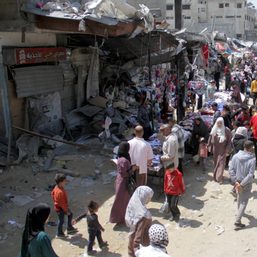

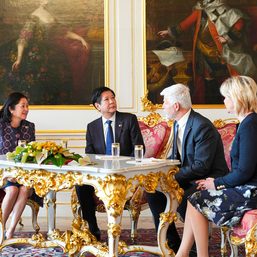

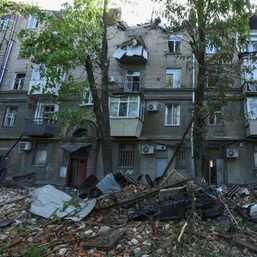
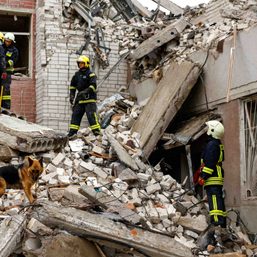

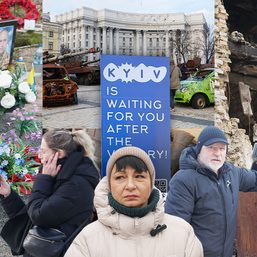
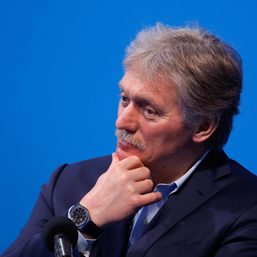
There are no comments yet. Add your comment to start the conversation.